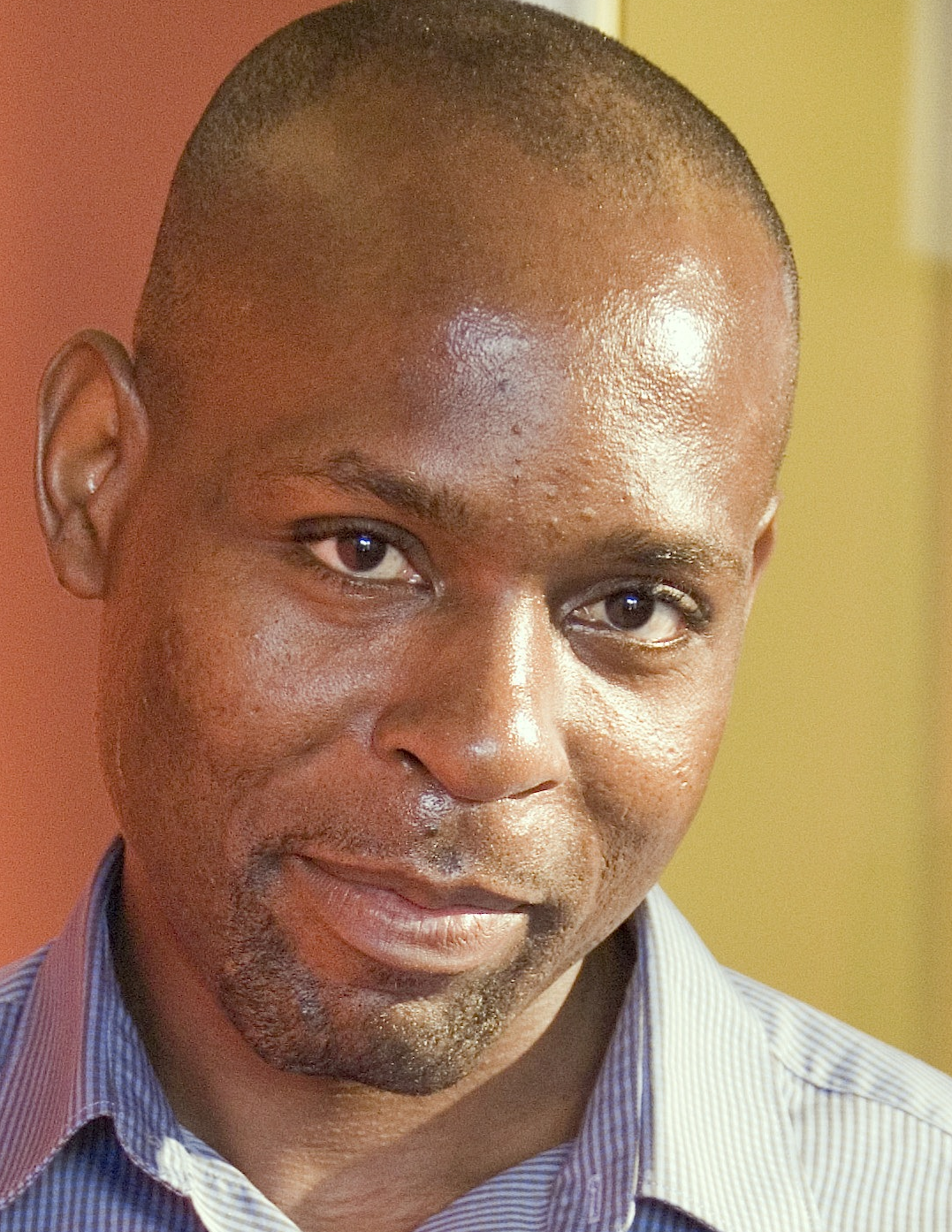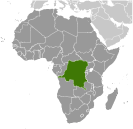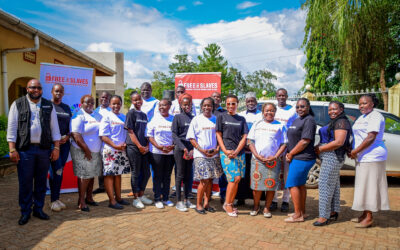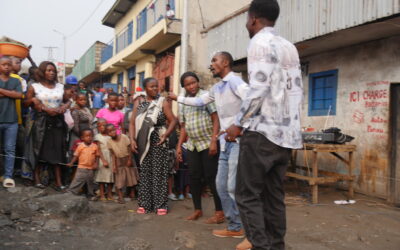Free the Slaves is thrilled to introduce two dynamic individuals who have recently joined us to form our action team for the Democratic Republic of the Congo (DRC).
Jack Kahorha is FTS’ new DRC Coordinator, working on the frontlines. He is based in Goma in eastern DRC. Jack is experienced as a journalist, researcher, and diplomatic staffer. He is a humanitarian who speaks many languages.
Gabriel Deussom is our new DRC Program Manager, based in our headquarters in Washington. Gabriel has a Ph.D. in Political History and has extensive experience working in community development and capacity-building in Cameroon and other African countries.
We asked them about their perspectives on ending slavery in the DRC.
Q: What is your motivation for the work you’re doing?
Jack: Jack has worked as a human rights reporter for many years. He said: “in media, once a story is broadcast, it loses its value. The situation may have changed positively or not; most of the time journalists don’t come back to it. With the work I am doing with FTS in DRC, I can document a situation and advocate for it until a change intervenes.”

Gabriel Deussom
Gabriel: Gabriel says he is motivated by three factors: his passion for social justice; living in Cameroon, where ethnic divides are tied to historical slavery; and FTS’ unique approach to ending slavery. Gabriel was attracted to FTS because of its emphasis on “local momentum and ownership” and partnerships that are “really relevant to finding solutions.”
Q: How do you use your prior work experience in your new position at FTS?
Jack: Jack discussed how he is well known and respected because he was a spokesperson for the problems of common people. He would present their problems to the rebels and government officials for reaction, and tried to give all sides a chance to be heard. He sees his work at FTS as an extension of that mission: “This journalistic background helps me to get easy access to people at the grassroots level, as well as humanitarians and officials.”
Gabriel: Gabriel brings valuable experience in African development with him to FTS. He has 10 years of experience working in international development. He also worked for the International Federation of Football Association (FIFA) leading capacity-building efforts for civil society in 20 African nations. He has also been a consultant for a number of organizations. Gabriel emphasized his passion over experience, saying, “I have devoted my life and career to social justice.”
Q: What is one thing you want people to know about the DRC?
Jack: “I want people to know that slavery is still a reality in the DRC, and that the country’s constitution firmly forbids all forms of slavery in Article 16. However, there is no effort to end it.” Jack thinks the work FTS and its partners have done to document the existence of various forms of slavery in the DRC “is becoming a tool, a compass for Congolese authorities, to act.”
Gabriel: “I want people to hear about frontline advocates who are working to make change and engage their politicians despite the security situation and other problems.”

The DRC is in central Africa, straddling the equator.
Q: Who is your role model in the anti-slavery movement?
Jack: John Jay was an abolitionist who tried twice to introduce laws to abolish slavery in New York, but failed. He eventually was able to sign an emancipation law as governor, thanks to the New York Society for the Promotion of the Manumission of Slaves, an organization that he created. Jack said the lessons he has learned from John Jay are that: “a dream becomes a reality thanks to one’s determination,” and failure is an opportunity to keep going and create new strategies.
Gabriel: “My heroes are the ones you don’t hear of. They are people who are voiceless. The ones who are coping with difficult situations every day.” He is also inspired by African leaders such as Nelson Mandela and Archbishop Desmond Tutu because they “help you to see the world differently and that you need to contribute to change.”
You can learn more about FTS work in the DRC on our special Congo webpage.


